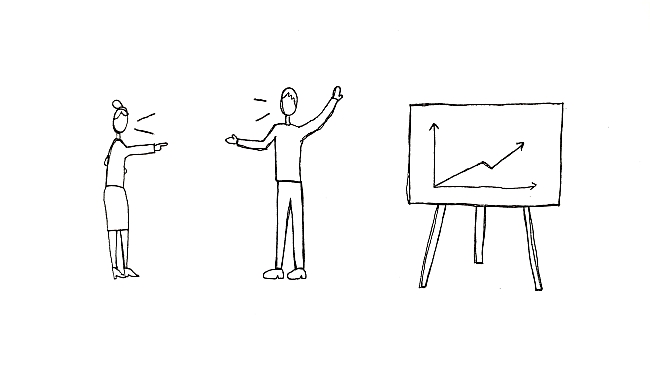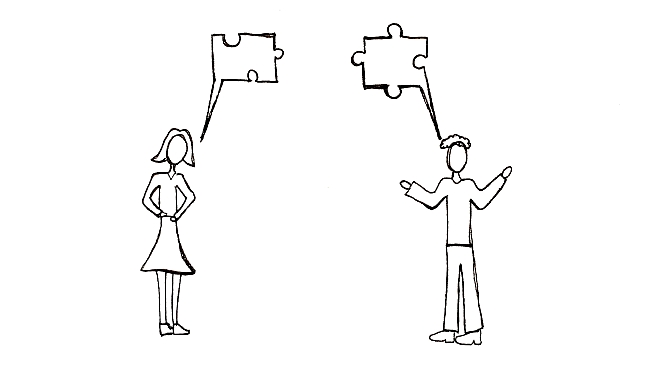Bristol Mock COP: Key Themes
Conflict and ambitious targets

There were several instances of moments of conflict being resolved and turned around to result in groups settling on more ambitious targets. Heated discussions demonstrated the groups’ passion about, and understanding of, the urgency of the issues at hand.
For example, Shell were called out by UNCHR for throwing money at a problem that needs focus on people and the environment. At first, Shell was resolute that climate finance was the area they could contribute to effectively, as opposed to protection of nature. The priorities of the two organisations were clearly at odds, and it was exciting to see Shell challenged on its public versus private image. UNCHR must have made an impact, as Shell then strategized very carefully on its voting decisions in the final intra-group discussions, making some concessions based on how their choices may subject them to accusations of greenwashing.
Deals and compromise

Students worked hard to come to deals wherever possible. They used a variety of negotiation strategies to work towards achieving their aims, not shying away from compromise to come to conclusions that benefitted both parties, and the environment.
For example, in the second round of negotiations, Ethiopia and Greenpeace took on the issue of the transition to more sustainable agricultural practices. Ethiopia argued that it needs time and training and so a slower transition would be more realistic. Greenpeace were happy to compromise on this, and even offered volunteering and funding of £2.5 million to speed up the process of transitioning to sustainable agriculture, in exchange for Ethiopia’s support voting for the most ambitious net zero targets.
Public image and negotiation strategy

Public image concerns often affected groups’ negotiation strategies, and in turn, voting outcomes. There were several examples of groups discussing their aims and strategizing on how to present themselves in a positive light, while maintaining their course behind the scenes. Groups also played into public image concerns, convincing other delegations to vote the way they wanted, by suggesting it would look better for them on the international stage.
For example, IWGIA advocated for the most ambitious options for every resolution and would not be satisfied that the USA were taking climate change seriously unless they raised their ambitions. They argued that USA has lots of space and money to dedicate areas as protected. IGWIA also argued that the US should take a more mature position on net zero; raising its ambitions could have a positive knock on effect across the world and demonstrate the USA’s commitment to becoming world leaders in climate change mitigation and adaptation. As a result, despite the USA’s focus on fracking for long-term development, they agreed to vote for the most ambitious nature protection resolution and net zero targets. This was an excellent example of a smaller player exerting pressure on a big country, demonstrating clever negotiation strategy by playing to public image concerns.
Words by Lucy Morris and Jack Nicholls
